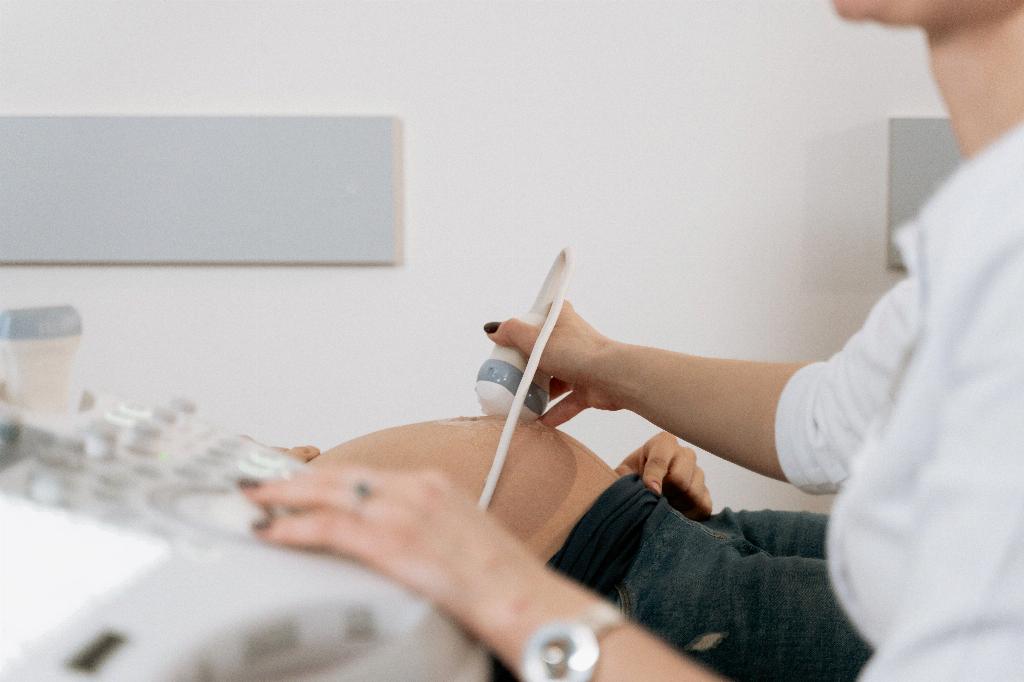When it comes to consuming monk fruit during pregnancy, it’s essential to consider various aspects to make an informed decision. The safety of monk fruit during pregnancy is a topic of interest for many expectant mothers looking for alternative sweeteners.
Monk fruit, also known as Luo Han Guo, has been deemed safe by current government guidelines for consumption during pregnancy. Similar to other sweeteners like Stevia, monk fruit is generally recognized as safe when used in moderation.
Despite the overall safety of monk fruit, it’s crucial for pregnant individuals to exercise moderation when incorporating any new foods or ingredients into their diet. Consulting with a healthcare provider or a dietitian can provide personalized guidance based on individual health factors.
While monk fruit is considered safe for most pregnant women, it’s important to be aware of potential sensitivities or allergies to the fruit. As with any new food or supplement, monitoring your body’s response is key to ensuring that it agrees with your system during pregnancy.
One of the benefits of monk fruit is its natural origin and lack of calories, making it an attractive option for individuals looking to manage their sugar intake during pregnancy. Its sweetness comes from compounds called mogrosides, which are significantly sweeter than sugar but do not impact blood sugar levels.
Many pregnant women opt for monk fruit as a sweetening alternative due to its zero-calorie nature and low glycemic index. This makes it a suitable choice for those managing conditions like gestational diabetes or simply aiming to reduce their sugar intake without sacrificing sweetness.
It’s worth noting that monk fruit extracts and sweeteners are highly concentrated forms of the fruit, so using them sparingly is recommended, especially during pregnancy. Moderation is key to ensuring that you are not exceeding safe intake levels during this crucial time.
Some potential concerns with monk fruit sweeteners include additives or fillers used in certain products. Pregnant individuals should be mindful of the ingredients in the monk fruit sweeteners they choose and opt for products with minimal additives to maintain a healthy diet.
When deciding whether to include monk fruit in your diet during pregnancy, considering your overall dietary habits and nutritional needs is essential. While monk fruit can be a helpful tool for reducing sugar intake, it should not replace balanced meals and nutrient-dense foods crucial for maternal and fetal health.
In conclusion, monk fruit is generally considered safe for consumption during pregnancy, provided it is used in moderation and as part of a well-rounded diet. Like any food or ingredient, individual sensitivities should be taken into account, and consulting with a healthcare provider can offer personalized guidance for expectant mothers.

